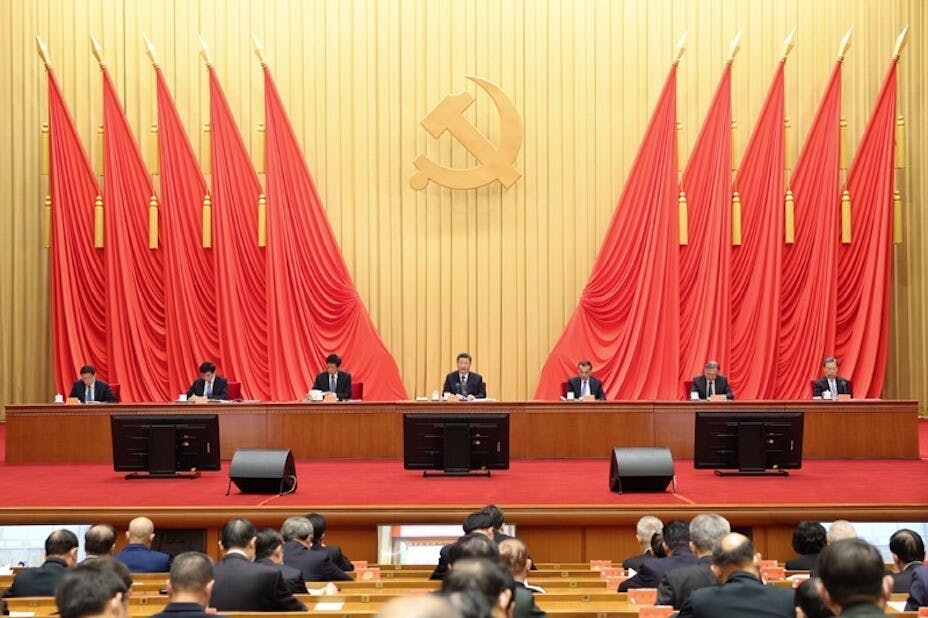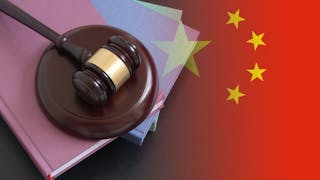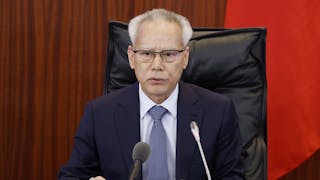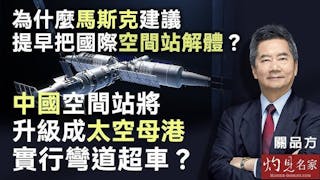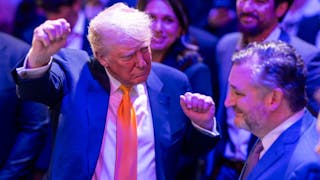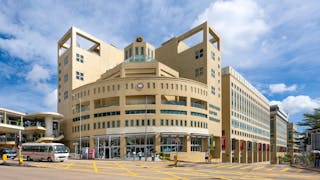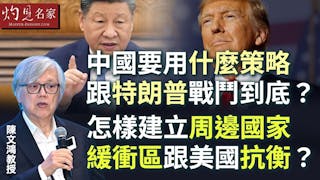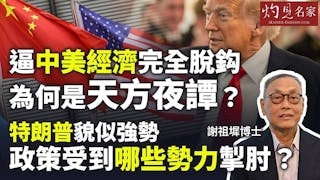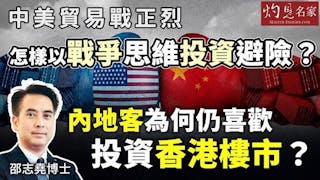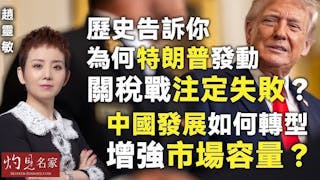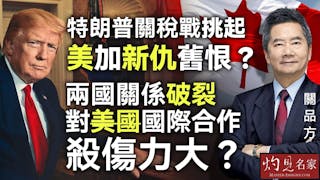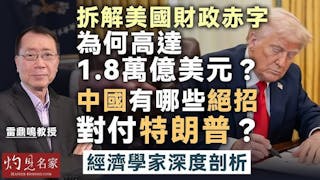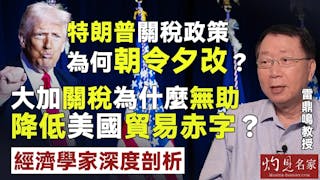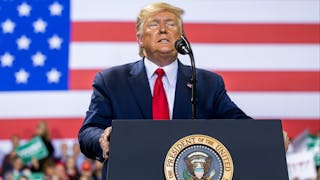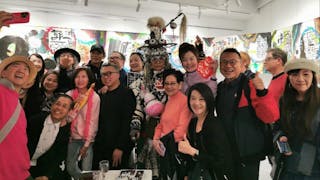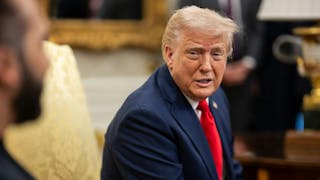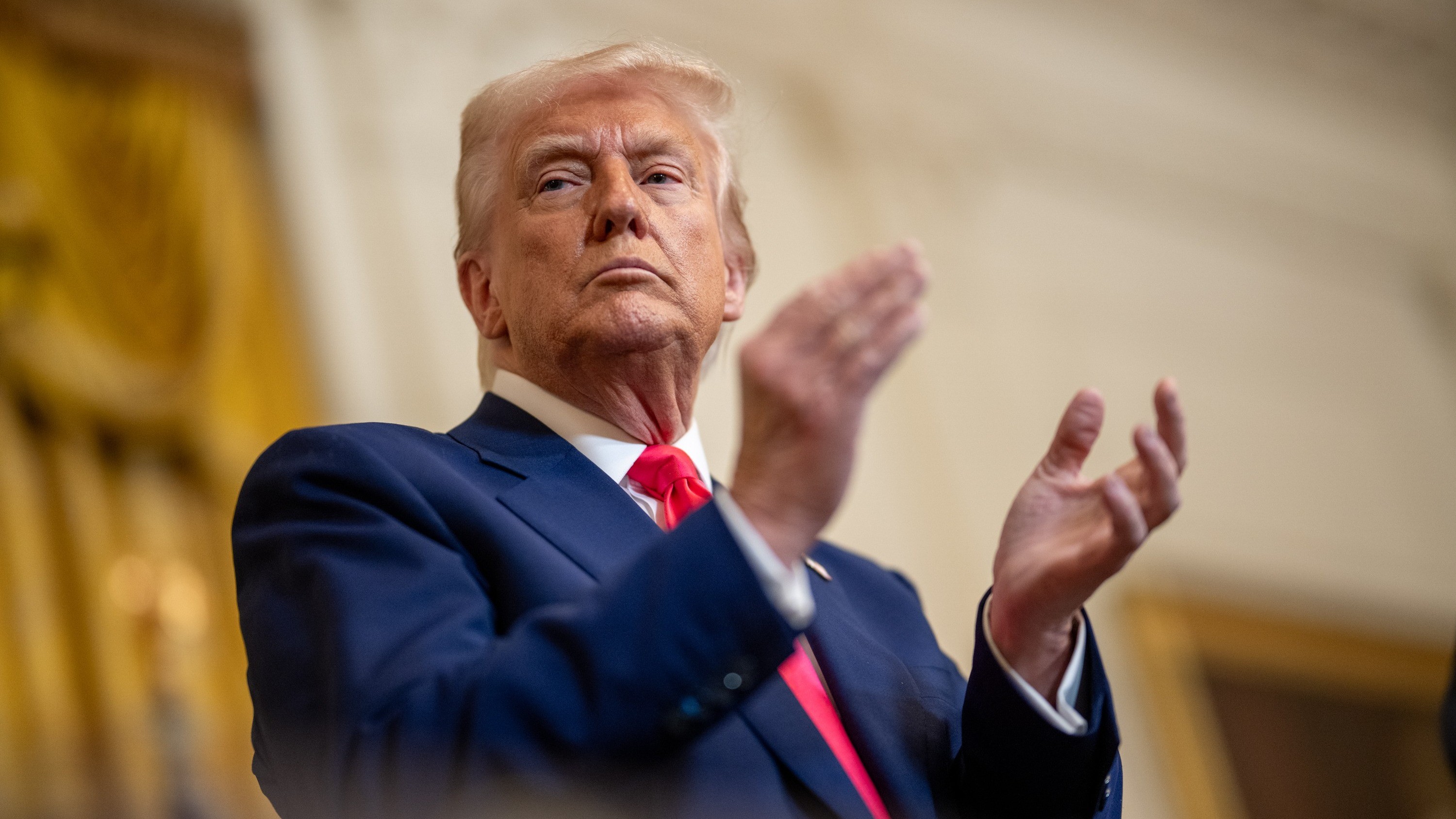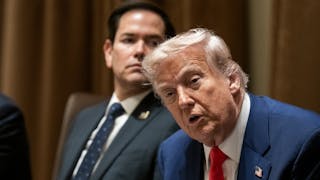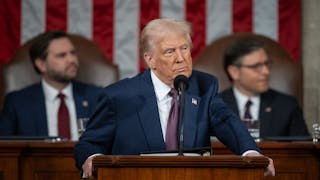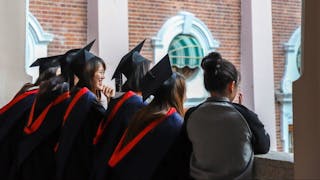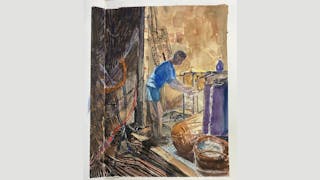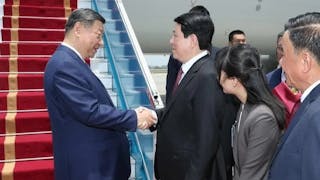2021年12月24日,全國人大常委會審議通過《反有組織犯罪法》,以及2022 年 1 月 18 日在北京召開的十九屆中央紀委六次全會上,中共中央總書記習近平發表的重要講話,標誌着在中華人民共和國繼續強勢以黨治國。 這個強大的國家主要任務之一,就是打擊有組織犯罪和腐敗,防止它們滲透到黨政機關和在社會中蔓延。
積極動員開展反有組織犯罪工作
《反有組織犯罪法》共有九章,其中最重要的是第二章〈預防和治理〉、第三章〈案件辦理〉、第四章〈涉案財產認定和處理〉、第五章〈國家工作人員涉有組織犯罪的處理〉和第六章〈國際合作〉。
《反有組織犯罪法》第一條規定,該法旨在預防和懲治有組織犯罪,維護國家安全、社會秩序、經濟秩序,保護公民和組織的合法權利。
第二條規定有組織犯罪是指《中華人民共和國刑法》第二百九十四條規定的「組織、領導、參加黑社會性質組織犯罪,以及黑社會性質組織、惡勢力組織實施的犯罪」。
第三條確認,反有組織犯罪工作應當「綜合運用法律、經濟、科技、文化、教育等手段,建立健全反有組織犯罪工作機制和有組織犯罪預防治理體系」。
總之,《反有組織犯罪法》的通過,豐富了刑法第二百九十四條的內容,保護了中華人民共和國的國家安全。
第六條提到監察機關、人民法院、人民檢察院、公安機關、司法行政機關,以及其他有關國家機關,應當根據分工,互相配合,互相制約,依法做好反有組織犯罪工作。
有關部門應當動員、依靠村民委員會、居民委員會、企業事業單位、社會組織,共同開展反有組織犯罪工作。
第二章第九條明確指出,村民委員會、居民委員會應當協助政府及有關部門開展有組織犯罪預防和治理工作。
第十條強調,打擊有組織犯罪工作必須通過宣傳教育、新聞、廣播、電視、文化和互聯網服務,向公民開展宣傳教育,增強公民的反有組織犯罪意識和能力。
第十一條提到,教育行政部門和學校,在增強學生防範有組織犯罪的意識方面的作用。 學校有責任向公安和教育行政部門報告有組織犯罪集團滲透學校發展成員的任何舉動。
顯然,中國政府擔心有組織犯罪集團滲透到社會各範疇,例如村莊、居民委員會以至學校的可能性。
防範犯罪集團滲透戰略經濟領域
同樣,第十三條強調,市場監管、金融監管、自然資源、交通運輸等行業主管部門應當會同公安機關,建立健全行業有組織犯罪預防和治理長效機制,對相關行業領域內有組織犯罪情況進行監測分析,對有組織犯罪易發的行業領域加強監督管理。言下之意是,政府擔心有組織犯罪集團滲透到這些戰略經濟領域。
第十六條強調,電訊業和互聯網服務經營者要防止含有宣揚、誘導有組織犯罪內容的信息向社會傳播,並與公安機關或有關部門合作。
第十八條側重於監獄、看守所和社區矯正機構對有組織犯罪的罪犯的監督、教育和矯正的作用有組織犯罪的罪犯刑滿釋放後,司法行政機關應當會同有關部門落實安置幫教等必要措施,促進其順利融入社會──這是典型的中國改造犯罪分子的方式。
政府亦擔心有組織的犯罪集團滲透到私營部門。第二十條規定,曾被判處刑罰的黑社會性質組織的組織者、領導者或者惡勢力組織的首要分子開辦企業,或者在企業中擔任高級管理人員的,相關行業主管部門應當依法審查,對其經營活動加強監督管理。第二十一條則規定,移民管理、海關、海警等部門應當會同公安機關嚴密防範境外的黑社會組織入境滲透、發展、實施違法犯罪活動。
第三章側重於有組織犯罪案件的辦理,包括剝奪政治權利、沒收資產並對有組織犯罪分子處以罰款(第二十二條); 公安機關可以查詢犯罪嫌疑人的存款、匯款、債券、股票、基金份額等(第二十七條);可以對有關涉案財產採取緊急止付或者臨時凍結、臨時扣押的緊急措施,期限不得超過四十八小時(第二十七條)。對有組織犯罪案件的犯罪嫌疑人、被告人,根據辦理案件和維護監管秩序的需要,可以採取異地羈押、分別羈押或者單獨羈押等措施。採取異地羈押措施的,應當依法通知犯罪嫌疑人、被告人的家屬和辯護人(第三十條) 。
第三十四條明確規定,可以依法沒收黑社會性質組織領導者的財產;第三十五條又規定,黑社會性質組織或者惡勢力組織的首要分子被判處10年以上有期徒刑、無期徒刑、死刑緩期2年執行的,應當跨省、自治區、直轄市異地執行刑罰。
第四章聚焦涉案資產認定和處置。第四十一條規定,不得查封、扣押、凍結與案件無關的財物。經查明確實與案件無關的財物,應當在3日以內解除查封、扣押、凍結,予以退還。對被害人的合法財產,應當及時返還。
顯然,在執法過程中,公安機關可能存在越權的情況。 換言之,未定罪嫌疑人的利益將受到《反有組織犯罪法》保護。
不過,第四十二條規定,公安機關可以向反洗錢行政主管部門查詢與有組織犯罪相關的信息數據,提請協查與有組織犯罪相關的可疑交易活動,反洗錢行政主管部門應當予以配合並及時回覆。
黨中央集中統一領導反腐倡廉
第五章顯示了政府對國家工作人員可能參與有組織犯罪的擔憂。第五十條規定,任何涉及組織、領導、參加、幫助、包庇、瀆職或干預反有組織犯罪活動的官員,都可能受到處罰。第五十二條指出,國家工作人員向有組織犯罪分子通風報信的,必須予以懲處。
《反有組織犯罪法》禁止有組織犯罪分子與政府官員之間存在聯繫。
第六章強調中國需要在打擊有組織犯罪方面開展國際合作,包括通過交換刑事情報、司法互助和引渡(第五十六條),加強與外國政府和有關國際組織開展反有組織犯罪情報信息交流和執法合作(第五十五條),以及取得材料作為證據使用的問題(第五十七條)。
除了《反有組織犯罪法》外,習近平1月18日強調,要以黨中央集中統一領導反腐倡廉,他指出,要堅持「黨要管黨」、全面「從嚴治黨」,堅持以黨的政治建設為統領,堅持嚴的主基調不動搖。堅持以「零容忍」態度懲治腐敗,堅持糾正一切損害群眾利益的腐敗和不正之風,黨要以「自我革命」引領「社會革命」,推動反腐敗工作向前發展。
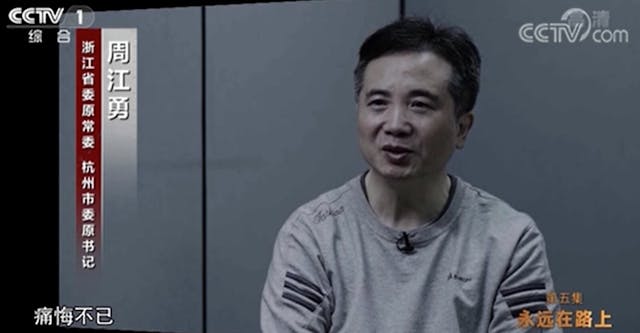
簡而言之,中國共產黨必須實現「自我革命」,才能使中國共產黨的長期執政,黨的合法性和取得的成功延續下去。
習近平講話的重點在於,他強調要抓住「關鍵少數」以上率下,「完善黨和國家監督制度」。 如果中國共產黨堅持反腐倡廉工作,那麼就可以「形成全面覆蓋、常態長效的監督合力」。 習近平強調,反腐敗「永遠在路上」,防範「形形色色的利益集團」成夥作勢、「圍獵」腐蝕仍然任重道遠。
中國共產黨堅持反黑社會、反腐敗工作
如果說,「不斷革命」是毛澤東主席領導下中國的一個特點,那麼習近平主席領導下的中國,新的「不斷社會革命」可望在反腐敗運動中朝這個方向延續、堅持和深化,藉此建立一個能夠而且將使中國共產黨強大起來的自我監督機制。
根據中紀委的數據,2021年前9個月,全國反腐立案47萬件,處分41.4萬人,省部級官員「老虎」22人。 此外,還對2058名黨員幹部和17000名縣級幹部進行了處分。
為宣傳反腐倡廉工作,播出了《零容忍》系列電視專題節目; 國營電視台還播放腐敗的政府官員坦承錯誤並懺悔的畫面。
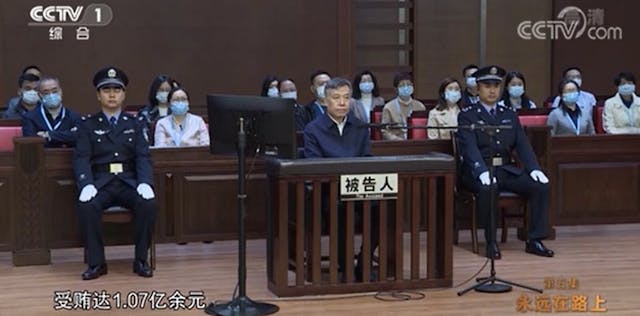
總之,中國在堅持反黑社會、反腐敗工作的方向上,無疑展現了一個強調廉政的強大國家。不允許有組織犯罪集團和個人滲透或滲入國家機構、社會和私營企業──這一現象在新頒布的《反有組織犯罪法》的內容中表現得十分明顯。 另一方面,不能任由黨內外腐敗滋長,黨的幹部和領導必須堅持廉政原則,使中國共產黨能夠並繼續享有高度合法性,從而能夠在中國長期執政。
Anti-Crime and Anti-Corruption Work: A Strong State in China
The formal approval of an Anti-Organized Crime Law by the Standing Committee of the National People’s Congress on December 24th, 2021 and an important speech delivered by the General Secretary of the Communist Party of China (CPC), Xi Jinping, at the 19th Central Discipline Inspection Commission meeting at Beijing on January 18th2022 marked the persistence of a strong Chinese party-state in the People’s Republic of China (PRC). One of the main tasks of this strong Chinese state is to fight both organized crime and corruption and prevent them from infiltrating the party-state and spreading in the society.
The Anti-Organized Crime Law (AOCL) had nine chapters of which the most important are Chapter 2 (prevention and management), Chapter 3 (case management), Chapter 4 (asset identification and arrangement), Chapter 5 (the arrangement of national staff members involved in organized crime) and Chapter 6 (international cooperation).
Article 1 of the AOCL state that the law aims at preventing and penalizing organized crime, protecting national security, maintaining social and economic order, and protecting the legal rights of citizens and groups. Article 2 specifies organized crime as those organizations and leaders participating in triads and gang forces as stipulated in the Article 294 of the PRC Criminal Law. Article 3 affirms that the AOCL needs to maintain the “comprehensive view of maintaining national security” through the use of law, economy, technology, culture and education, which are the means of establishing an “effective apparatus of fighting and preventing organized crime.”
In short, the AOCL promulgation enriches the content of Article 294 of the Criminal Law and protects the national security of the PRC.
Article 6 mentions the need for supervision agency, the people’s court, the people’s procuratorate, public security organs, judicial and executive departments to coordinate among themselves to fight organized crime. Government departments should mobilize the masses and rely on the village committees, residents’ committees, social enterprises and social organizations to fight organized crime.
The PRC regime mobilizes its government departments, and mass organizations and grassroots-level committees to fight the war against organized crime at all levels, especially the village and residents’ levels.
Article 9 in Chapter 2 specifies the need for the village committees and residents’ committees to assist government departments in the prevention and combat against organized crime. Article 10 stresses that anti-organized crime work must be publicized to citizens through education, media work and the Internet. Article 11 mentions the role of education departments and schools to enhance the consciousness of students against organized crime. Schools have the responsibility to report to public security and education agencies on any move by organized crime group to infiltrate schools to develop triad membership.
Obviously, the PRC government is concerned about the likelihood of the penetration of organized crime groups into the society, ranging from villages to residents’ committees and schools.
Similarly, Article 13 emphasizes that the leaders of the market supervision agency, monetary supervision agency, transport and logistics sector as well as natural resources sector should work with public security agencies to prevent and fight organized crime. By implication, the government is concerned about the penetration of organized crime groups into these strategic economic sectors.
Article 16 emphasizes the need for the telecommunication industry and Internet service providers to stop the ideas involving organized crime from spreading to the public and they should also work with public security. Article 18 focuses on the role of prisons, detention centers and agencies of rehabilitation to supervise and educate the criminals involved in organized crime. These criminals are expected to reform themselves and integrate into the society smoothly after they serve their prison sentences – a typical Chinese approach to reforming those citizens who committed criminal offences.
The government is concerned about the penetration of organized crime groups into the private sector. Article 20 says that enterprises opened by organized crime leaders will be tightly supervised and investigated, while Article 21 stipulates that the immigration, customs and marine police authorities have the right to refuse entry into the mainland for those who are organized crime elements outside China.
Chapter 3 focuses on the management of organized crime cases, including the forfeiture of political rights; the confiscation of assets and the imposition of fines on organized crime elements (Article 22); and the empowerment of public security agencies to check the criminal suspects’ deposits, remittance, securities, stocks and funds (Article 27). In emergency, the confiscation of suspects’ assets cannot exceed 48 hours (Article 27). Suspects of organized crime can be imprisoned in a prison of a different locality, or imprisoned alone, but such imprisonment should inform the suspects and their family and defendants. Article 34 explicitly says that the property and assets of organized crime elements can be confiscated. Article 35 adds that leaders of organized crime can be imprisoned for 10 years or above.
Chapter 4 centers on the asset management of organized crime elements. Article 41 says that if the investigation into suspects find that the enterprises concerned are not related to organized crime, then the confiscated assets should be returned to the victims.
Obviously, there are some checks on public security agencies that may, in the process of implementing the law, exceed its powers. In other words, the interests of the innocent suspects are protected by the AOCL.
However, Article 42 points to the need for the public security agencies to acquire information from anti-money laundering officials on suspicious transactions and the latter must work with the former. Clearly, organized crime elements laundered their proceeds, arousing the concern of law-enforcement authorities.
Chapter 5 shows the government’s concern about state officials who may be involved in organized crime. Any official who may lead, participate, assist, protect, who intervene in or who may be negligent in organized crime activities can be penalized (Article 50). Article 52 points to the need for punishing any state officials who leak out the news of investigation to organized crime elements.
A nexus between organized crime elements and government officials is prohibited in the AOCL.
Chapter 6 emphasizes the need for the PRC to forge international cooperation in the combat against organized crime, including the strengthening of cooperation mechanisms with other police in different countries (Article 55) through the exchange of criminal intelligence, mutual legal aid and extradition (Article 56), and the issue of handing evidence.
Apart from the AOCL, CPC General Secretary Xi Jinping on January 18 emphasized the need for the party center to centralize the leadership in the fight against corruption, He said that the CPC has to “govern itself strictly” in accordance with the law, that such strictness must not waver, that the party adopts “zero tolerance” toward corruption, and that the party has to lead the “social revolution” to propel anti-corruption work forward (Ming Pao, January 19, p. A13).
In a nutshell, the CPC has to implement “self-revolution” so that its longevity, legitimacy and success can and will persist.
What was important in Xi Jinping’s speech was that he emphasized the need to dig out “a minority” of CPC members who were corrupt for the sake of “perfecting the party and the nation’s supervision system.” If the CPC persists in its anti-corruption work, then a mechanism of “comprehensively covering the supervision system” can and will “strengthen in the long term and in a regular and effective way.” Xi stressed that anti-corruption must be “permanent” so that “different colors of interest groups” involving in corruption can and will be eliminated.
If “permanent revolution” was a feature of China under Chairman Mao Zedong, a new “permanent social revolution” in China under President Xi Jinping can be seen in the anti-corruption campaign, which is expected to prolong, persist and deepen in the direction of establishing a self-supervisory mechanism that can and will make the CPC strong.
According to the Central Discipline Inspection Commission (CDIC), in the first nine months of 2021, there were 470,000 cases of anti-corruption work involving 414,000 people being penalized, and twenty-two “tigers” who were officials working at the provincial and ministerial levels. Moreover 2,058 party cadres at the departmental level and 17,000 cadres at the county level were also punished.
To publicize the work of anti-corruption, a series of television program named “Zero Tolerance” were broadcasted; government officials who were corrupt were also shown to admit their mistakes and repent on the state television.
In short, China is undoubtedly demonstrating a strong state emphasizing clean governance in the direction of persisting anti-organized crime and anti-corruption work. Organized crime groups and individuals cannot be allowed to penetrate or infiltrate into the state institutions, society and private-sector enterprises – a phenomenon that is obvious in the content of the newly enacted Anti-Organized Crime Law. On the other hand, corruption cannot be allowed to grow inside and outside the ruling party, whose officials and leaders must uphold the principle of clean governance so that the Chinese state led by the CPC can and will continue to enjoy a high degree of legitimacy and longevity.
原刊於澳門新聞通訊社(MNA)網站,本社獲作者授權轉載。



